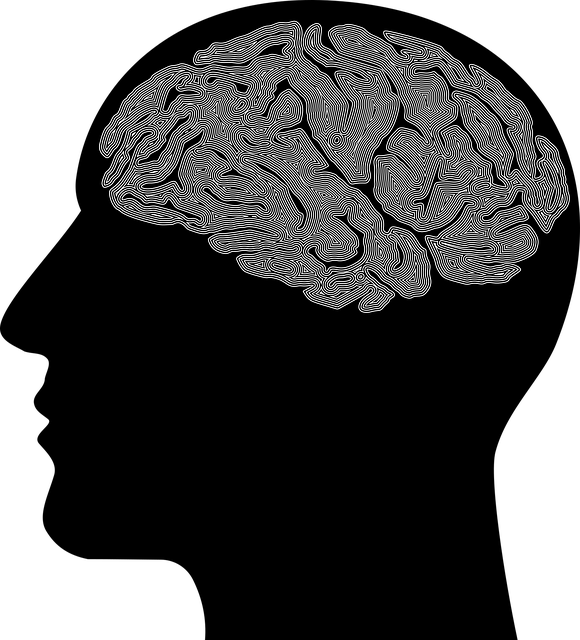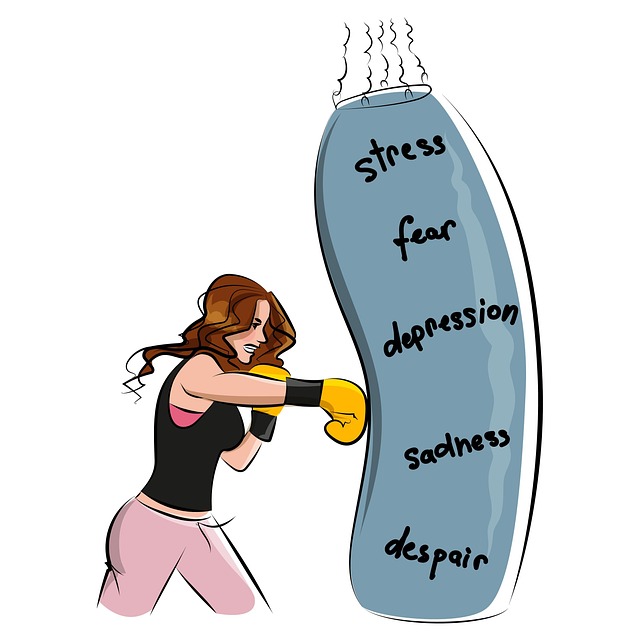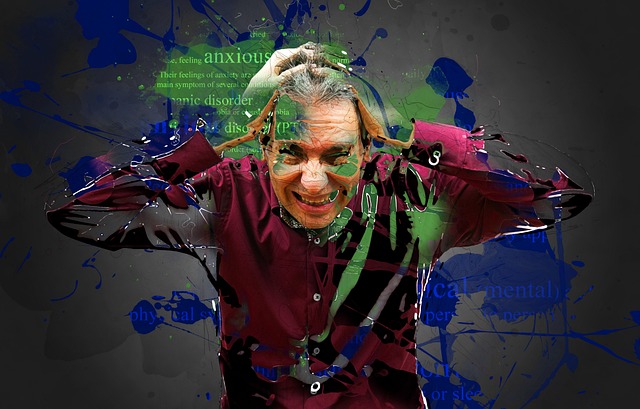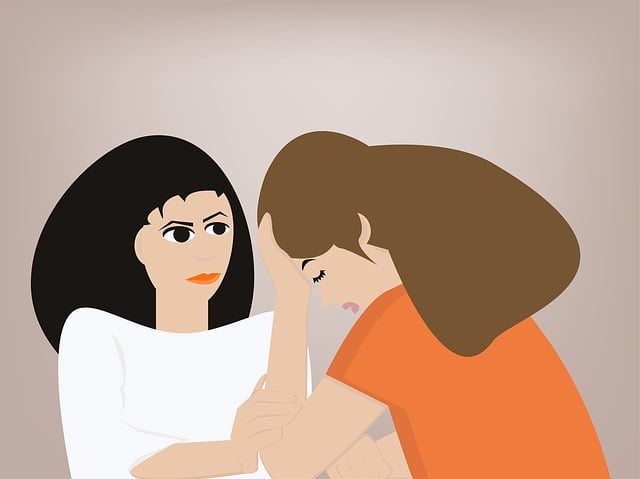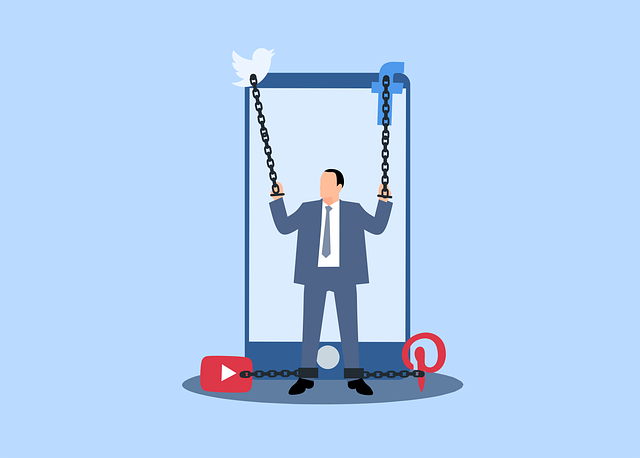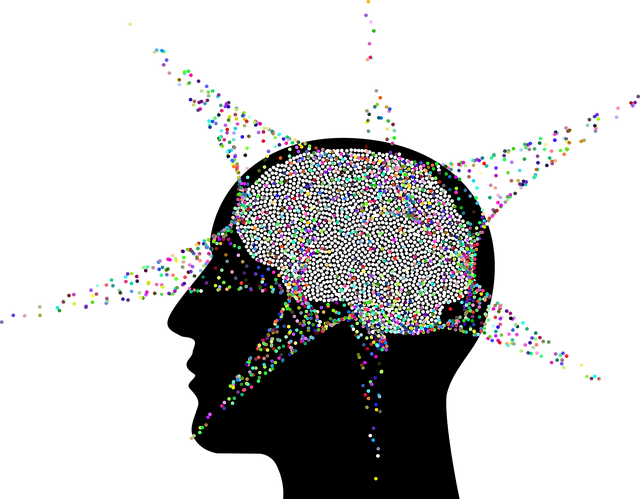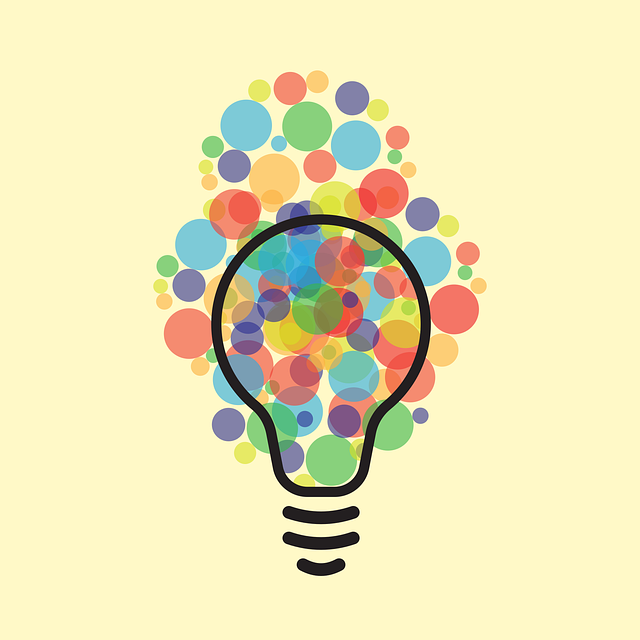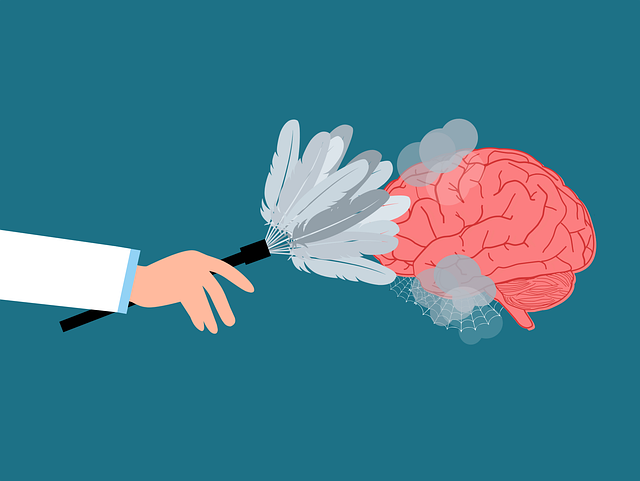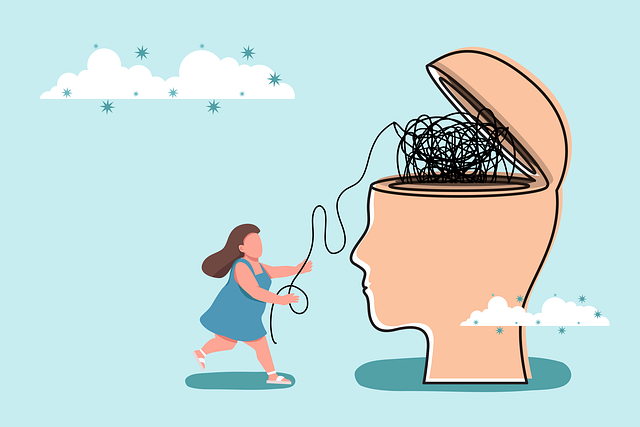Mental wellness begins with early intervention, and programs like Golden Children Therapy play a vital role in empowering children and adolescents to navigate emotional challenges. By using creative, age-appropriate tools, such as play and storytelling, mental health assessments become less intimidating, encouraging open communication and fostering resilience. Golden Children Therapy's holistic approach not only enhances self-awareness but also strengthens interpersonal relationships, contributing to the development of resilient communities that prioritize mental wellness from a young age.
Mental wellness self-assessment tools play a pivotal role in early intervention, especially for children. This article explores the significance of mental health awareness among kids and how self-assessment tools can facilitate timely support. We delve into the process of designing effective assessments tailored to children’s needs, highlighting innovative approaches like Golden Children Therapy. By understanding mental wellness, we can create inclusive environments that foster resilience and overall well-being for our young ones.
- Understanding Mental Wellness and Its Significance for Children
- The Role of Self-Assessment Tools in Early Intervention
- Designing Effective Mental Health Assessment Tools for Kids
- Integrating Creative Approaches: Golden Children Therapy
Understanding Mental Wellness and Its Significance for Children

Understanding mental wellness is paramount when it comes to fostering a healthy and happy future for children. The concept goes beyond the absence of mental illness; it encompasses a child’s emotional, psychological, and social well-being. Promoting positive thinking and effective communication strategies are crucial elements in this process, as they equip young minds with essential tools to navigate life’s challenges. By integrating these skills into their daily lives, children can develop resilience, enhance self-esteem, and build strong relationships.
Golden Children Therapy recognizes the significance of early intervention and prevention in mental health care. Through tailored therapy sessions and creative approaches, this therapy aims to support children’s emotional growth and help them develop coping mechanisms. Mental health education programs design plays a pivotal role here, teaching kids about their emotions, encouraging open dialogue, and promoting healthy habits that will serve them throughout their lives. These initiatives ensure that children receive the necessary support to thrive in an increasingly complex world.
The Role of Self-Assessment Tools in Early Intervention

Self-assessment tools play a pivotal role in early intervention for mental wellness, acting as powerful catalysts for both individuals and society at large. By providing an accessible means to gauge one’s emotional and psychological state, these tools empower people to take proactive steps towards improving their mental health. This is especially crucial for young individuals, often referred to as Golden Children, who are navigating the complexities of adolescence and early adulthood. Early identification of potential issues through self-assessment can lead to timely interventions, ensuring that emerging challenges don’t escalate into more severe disorders.
Incorporating tools like those developed by Golden Children Therapy within mental wellness podcast series production or other educational platforms can foster a culture of open dialogue around mental health. Promoting positive thinking and equipping individuals with conflict resolution techniques through these accessible resources enables people to better understand themselves, manage their emotions, and resolve interpersonal conflicts peacefully. This holistic approach not only enhances overall well-being but also contributes to building resilient communities where mental health is prioritized and supported at an early stage.
Designing Effective Mental Health Assessment Tools for Kids

Designing mental health assessment tools for children is a nuanced task that requires a deep understanding of their unique emotional landscapes. Young minds are still developing, and their ability to articulate feelings and experiences varies significantly. Effective tools must be engaging, age-appropriate, and sensitive to the dynamic nature of childhood emotions. Incorporating elements like play, storytelling, or even digital platforms can make assessments less intimidating and more accessible for kids.
For instance, Golden Children Therapy leverages the power of play and imagination to assess emotional intelligence and regulation in children. By integrating compassion cultivation practices into these tools, therapists can foster a sense of safety and encourage open communication. These strategies not only facilitate accurate evaluations but also create a supportive environment where children feel heard and understood, ultimately enhancing their overall mental wellness journey.
Integrating Creative Approaches: Golden Children Therapy

Incorporating creative approaches into mental wellness self-assessment tools can significantly enhance their effectiveness, especially when tailored for diverse populations. One innovative method gaining traction is Golden Children Therapy, which leverages play and artistic expression to encourage inner strength development in individuals, particularly children. This therapy recognizes that expressing oneself through art, music, or movement can unlock hidden emotions and promote positive thinking, making it a powerful tool for mental health assessments.
By integrating Golden Children Therapy into self-assessment protocols, practitioners can gain deeper insights into an individual’s psychological state. For instance, community outreach program implementation featuring artistic workshops can engage at-risk youth in exploring their emotions while fostering social connections, thereby addressing both personal growth and communal well-being. Such creative interventions not only make the assessment process more engaging but also offer valuable opportunities for participants to develop coping mechanisms and enhance their overall mental wellness.
Mental wellness self-assessment tools play a pivotal role in early intervention, particularly for children. By integrating creative approaches like Golden Children Therapy, we can design effective assessments that not only identify mental health issues but also foster holistic development. This comprehensive strategy ensures that kids receive timely support, enabling them to navigate life’s challenges with resilience and emotional intelligence. The development of such tools is a testament to our commitment to enhancing mental wellness in younger generations.
